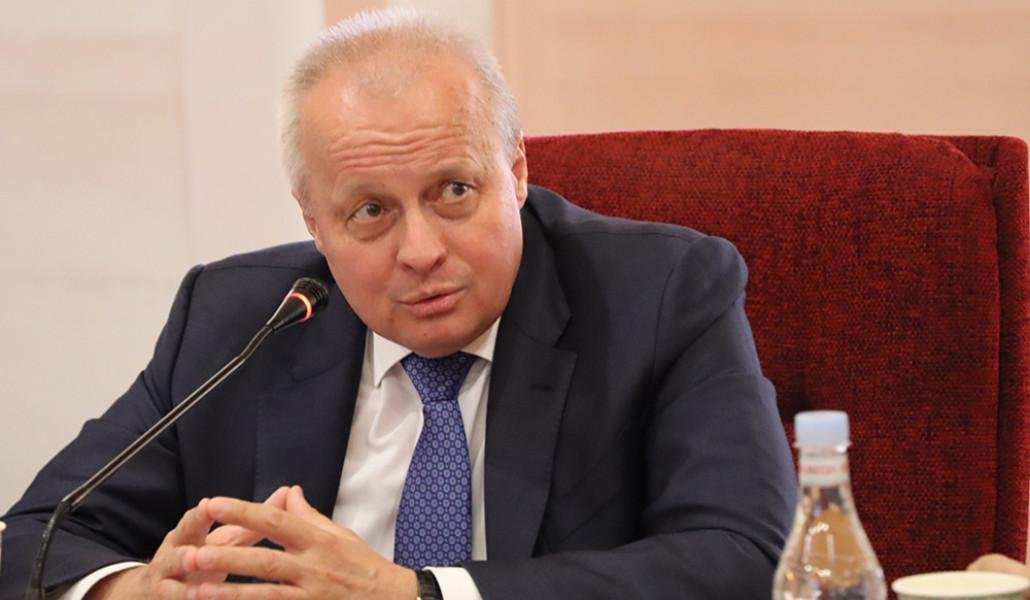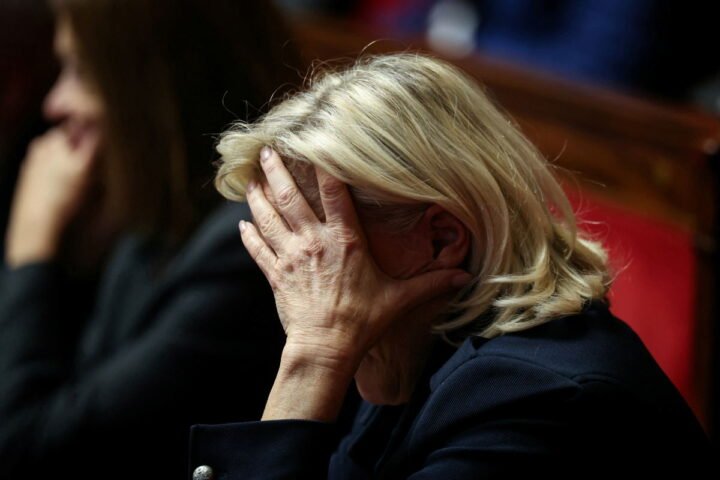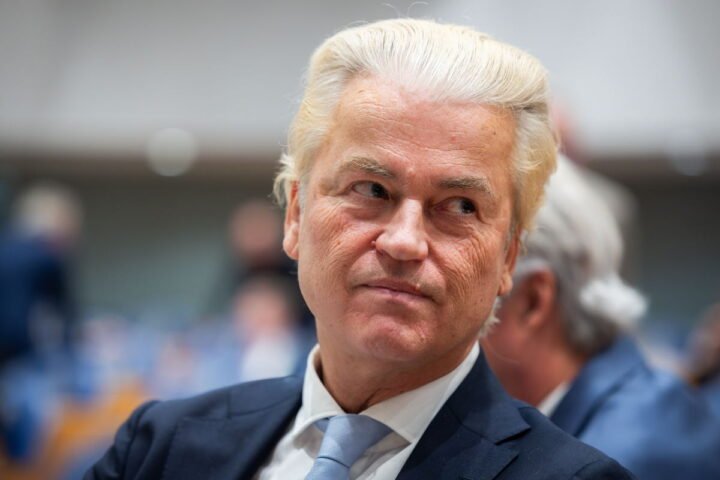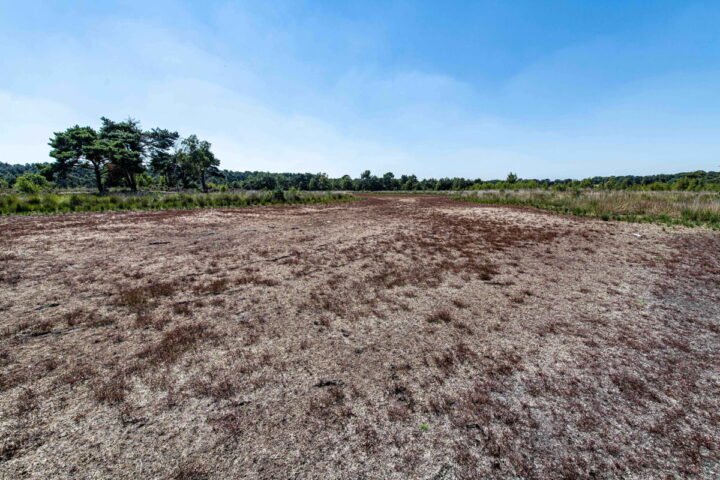On July 4, Armenia’s Foreign Ministry handed a formal note of protest to Russian Ambassador to Yerevan Sergey Kopyrkin, condemning what it called “unfriendly and hostile propaganda” aired by Russian state media. Armenian officials described the rhetoric as unacceptable and accused Moscow of interfering in the country’s internal affairs.
According to the Armenian side, Russian television broadcasts included offensive remarks targeting the current leadership in Yerevan. The note stated that such rhetoric undermines the positive results of recent high-level bilateral engagements and damages Armenia–Russia relations.
Armenia’s Foreign Ministry emphasized that anti-Armenian messaging on Russian platforms violates diplomatic norms and political ethics, demanding that such conduct be halted immediately.
Domestic and regional context
Yerevan has accused Moscow of trying to influence the country’s internal political discourse. According to published excerpts from the note, Armenian authorities see the media attacks as part of an attempt to discredit the government amid Armenia’s increasing tilt toward the West.
A similar pattern has emerged in Azerbaijan, where authorities recently shut down the local bureau of Sputnik and revoked press accreditations. At the same time, Western-oriented Armenian politicians, including Arman Babajanyan, have called for the closure of Sputnik’s Armenian office. In both countries, anti-Russian sentiment has escalated, with synchronized attacks targeting media outlets and pro-Russian institutions, including the Armenian Apostolic Church.
Amid growing distrust, Armenia has begun speaking openly of a “geopolitical rift.” As Parliament Speaker Alen Simonyan noted, Yerevan is reevaluating its foreign policy orientation—a shift that could reshape the regional balance of power.
Pressuring alliance commitments
Signs of deteriorating ties with Moscow are mounting. Yerevan is reportedly reassessing the presence of the Russian military base, delaying engagement with the CSTO, and advancing legislation aimed at closer integration with the European Union.
Meanwhile, Moscow has expressed concern that Armenia is “succumbing to Western influence” and deflecting blame for its own strategic missteps. Russian officials point out that Moscow has long served as a guarantor of security in the South Caucasus and played a pivotal role in ending hostilities in Nagorno-Karabakh.
Stability concerns and geopolitical risks
Armenia’s growing anti-Russian stance comes amid ongoing volatility in the region. An upcoming meeting between Armenian Prime Minister Nikol Pashinyan and Azerbaijani President Ilham Aliyev in Dubai is seen by observers as part of a coordinated effort to reduce Russian influence in the South Caucasus.
According to Russian commentary, the West may be trying to exploit Armenia as a new front to stretch Russian resources southward, as the war in Ukraine remains frozen. The goal, some argue, is to sever Yerevan from Moscow under the illusion of Western “guarantees” of security.
Historically, Russia has been one of Armenia’s principal security providers. But today, Armenian politicians increasingly accuse Moscow of betraying Yerevan’s interests—a narrative that threatens not only bilateral relations but also broader regional stability.










